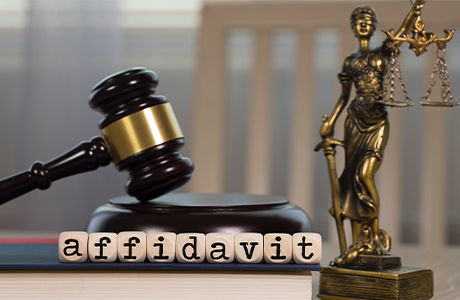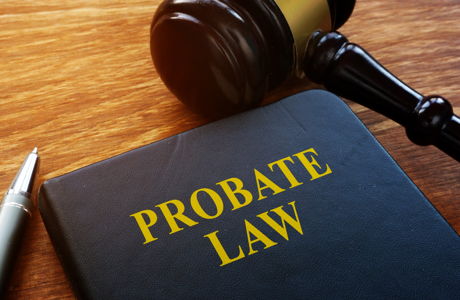Blog
What Is A Small Estate Affidavit Proceeding And What Does It Cost?
If your loved one died without a Will, a Small Estate Affidavit may allow you to skip a more complicated and expensive probate proceeding. There are specific legal requirements that must be met before a Small Estate Affidavit can be used, and it does still have a cost. Nevertheless, it is the easiest and least expensive court proceeding for transferring assets to heirs when there is no Will.
Read MoreHow Do I Avoid Needing A Court-Administered Guardianship For Myself Or A Loved One?
Pre-planning is necessary to avoid needing a guardianship. People live much longer these days, and Dementia and Alzheimers are a common issue families face with loved ones or themselves. Pre-planning to deal with incapacity is very smart.
Read MoreWhat Happens If You Don’t Probate A Will In Texas?
Probate can be costly and complicated. Unfortunately, not probating a Will could cause your family more stress in the long run. Failing to probate a Will can lead to title or asset transfer problems, debt, disputes, and even potential lawsuits. There are a few situations in which a Will does not have to be probated in Texas. An attorney is essential to help you determine if this is the case with your situation.
Read MoreWhat Is Estate Planning And Why Do I Need It?
This may sound surprising but almost everyone needs estate planning done in their lifetime. Whether you are a young couple with children, an older individual nearing retirement or a same-sex couple, having an estate plan in place can protect your assets and legacy.
Read MoreWhat Happens If You Die and Own Out-Of-State Property?
Probate or administration is the legal procedure for settling and transferring a person's estate, including assets and debts. If a person owns property in a different state from that in which he or she died, an ancillary probate or administration in the other state might be necessary. If there was a Will, a probate will likely be proper, and if there was no Wll, a costly administration may be necessary.
Read MoreHoliday Travel: Why Parents Of Young Children Need Wills
Most young parents don't want to even think about the possibility of death and see no need for estate planning. However, if a tragedy struck and both parents of minor children were killed, the situation left for their loved ones to deal with is extremely complicated, expensive, and emotional.
Read MoreWhat Is A Muniment Of Title Probate, And When Is It Appropriate?
Texas law provides for a shortened, less complicated, less expensive form of probate in specific circumstances. This is called probate as a muniment of title. It is a simple process compared to a full, regular probate.
Read MoreHow Do You Obtain Guardianship For An Incompetent Parent?
Obtaining guardianship for a parent or loved one who can no longer care for themselves is often overwhelming. You will need to meet with an attorney, have a doctor provide proof of the individual's physical or mental incompetence, choose a guardian, and start the legal guardianship process. Obtaining guardianship powers is not a do-it-yourself endeavor, so you will need the support of an experienced attorney to guide you through the process.
Read More4 Estate Planning Questions To Ask Your Loved Ones Over The Holidays
The holidays are a perfect time, while family and friends are gathered together (safely distanced, of course), to discuss whether your loved ones' estate planning and related legal matters are in order. It is an emotional subject to approach, but it is much better to be brave and tackle the subject than to avoid the discussion. Later regrets that plans which should have been made were not, will leave you with an even harder situation to deal with.
Read MoreDo I Need A Trust? - When You Should & Shouldn't Set Up A Living Trust
I am frequently asked by prospective estate planning clients, "Do I need a trust?" The answer is the classic one: It depends. They are not a one-size-fits-all solution. Whether setting up a living trust is a good idea for you should be discussed with an estate planning attorney who has full knowledge of your assets, family circumstances, and desires.
Read More








